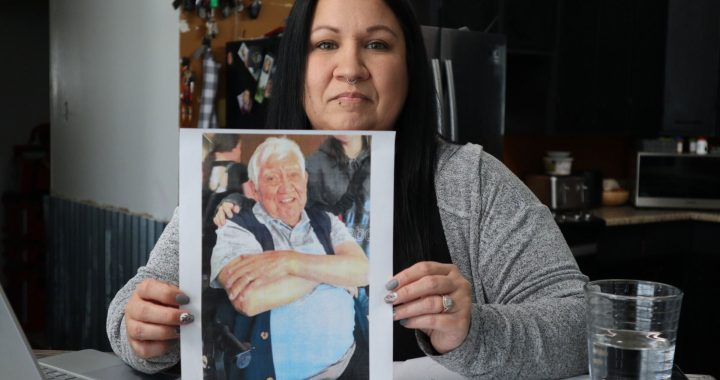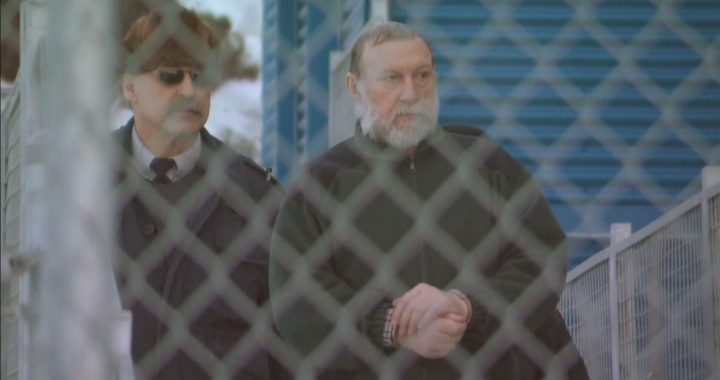Aboriginal Affairs fails to disclose spying investigation documents during human rights case
Aboriginal Affairs has refused to release any documents related to its investigation into allegations officials with the federal department spied on a First Nations children’s advocate despite the issue playing a major role in an ongoing human rights tribunal hearings, says one of the lawyers involved in the case.
By Jorge Barrera
APTN National News
Aboriginal Affairs has refused to release any documents related to its investigation into allegations officials with the federal department spied on a First Nations children’s advocate despite the issue playing a major role in an ongoing human rights tribunal hearings, says one of the lawyers involved in the case.
The First Nations Child and Family Caring Society is currently battling with Department of Justice lawyers before the Canadian Human Rights Tribunal over the sudden appearance of 50,000 documents that were never disclosed as part of the discovery process.
The society, along with the Assembly of First Nations launched a human rights complaint in 2007 against Ottawa over alleged underfunding of on-reserve child welfare agencies. The complaint was successfully amended to include allegations of “retaliation” by the department against Cindy Blackstock, the Caring Society’s executive director, for launching the case.
In May 2011, former Aboriginal Affairs Minister John Duncan tasked the department’s deputy minister Michael Wernick to investigate Blackstock’s allegation that officials were spying on her by monitoring her speaking events and social media presence and perusing her Indian status file held by the department.
Yet, despite the department disclosing about 25,000 documents to Blackstock as part of the tribunal discovery process, not a shred of information has been released by Aboriginal Affairs about the investigation.
“They have chosen to ignore our request…we haven’t seen anything on it, we don’t know what they concluded or what they found,” said Paul Champ, who is representing Blackstock at the hearing.
The results of Wernick’s investigation into Blackstock’s spying allegations have been submitted to the Office of the Privacy Commissioner. The Privacy Commissioner’s report on the issue has not been finalized yet, said a spokesperson.
The department already stands accused of purposely hiding information during the discovery process that would be “prejudicial” to its defence. Aboriginal Affairs remained mum throughout the discovery process on about 50,000 documents related to so-called enhancements of funding formulas to First Nation child and welfare agencies.
Aboriginal Affairs, through its Department of Justice lawyer, has been arguing to postpone the hearing for months until it can sort through the previously undisclosed documents.
The existence of the documents was only discovered by Blackstock in April after she received a response to an Access to Information request that included documents she hadn’t seen before.
Champ said the held-back documents showed problems with the department’s enhanced funding formula, which he said has been the basis of Aboriginal Affairs’ defence. Champ said the department seems to be claiming that any problems that existed have since been fixed by the new formula.
“That is the nature of the defence they have been making based on the questions they are putting to our witnesses,” he said.
Champ said he believes some of the documents among the 50,000 files prove Blackstock’s case. He said the documents include audits of specific agencies that show some can barely do their work and that the workload for their social workers is one-third greater than provincial social workers.
“These reports flagrantly set out our case that these agencies are grossly underfunded and cannot provide the same level of service as the provinces,” said Champ.
The hearing was adjourned until Friday.
Aboriginal Affairs could not immediately be reached for comment.
@JorgeBarrera










